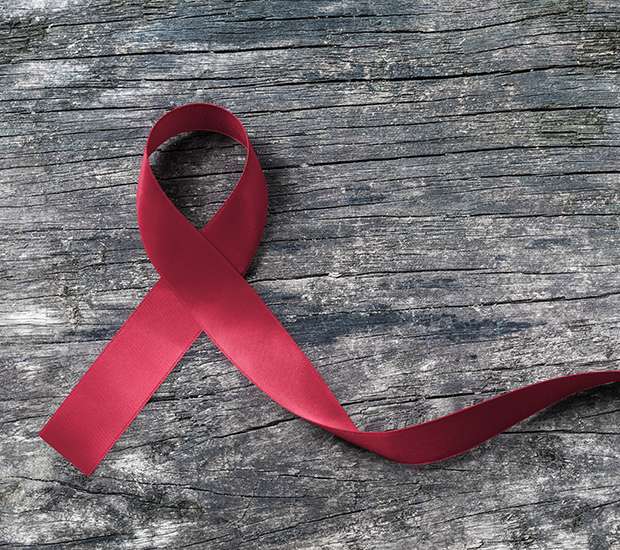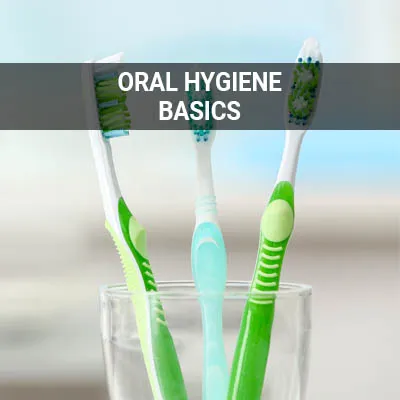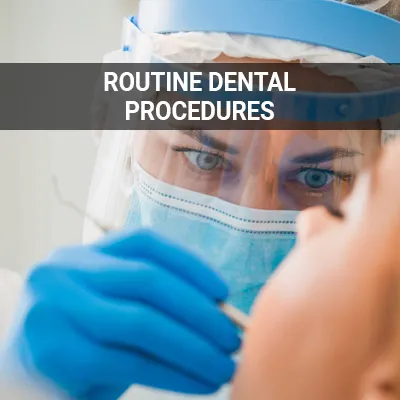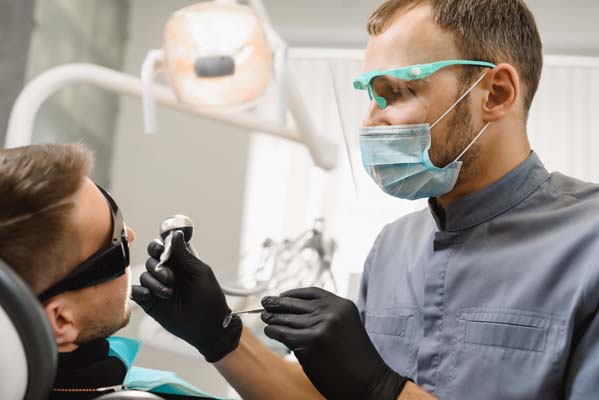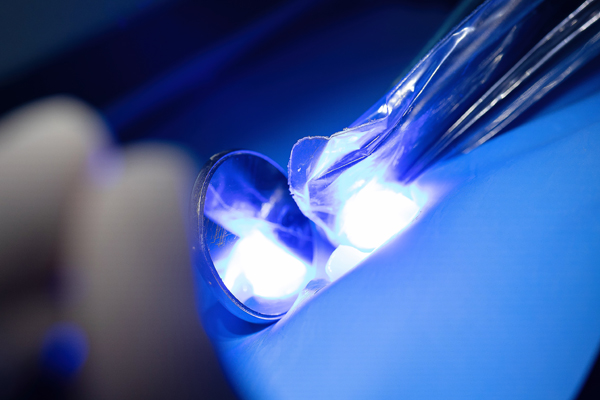Oral Cancer Screening East Haven, CT
Oral cancer screenings can identify the signs of disease before it has spread. This may be beneficial to those in high-risk groups. Regular oral cancer screenings can give patients the advantage of treating cancer in the early stages when there is a higher chance for remission.
Oral cancer screenings are available at Haven Dental Care in East Haven and the surrounding area. Early detection may make cancer treatment more effective. Call us at (203) 800-9909 to schedule an appointment today.
Signs That Could Indicate a Need for a Screening Test
Many people who receive care from a dentist receive oral cancer screenings even though they do not have any signs of a specific need for the test. Oral cancer screenings, similar to screenings for tooth decay or gum disease, are typically a component of a routine dental check-up.
Some people may have specific signs that might indicate a need for an oral cancer screening, including:
- A change in the mouth tissue, such as a thickening, or rough spot
- An ulcer, or eroded area of the mouth
- Discolorations, such as new red or white patches in the mouth
- Hoarseness, sore throat, or feeling of something stuck in one’s throat
- New problems such as difficulty with speaking, moving one’s tongue or jaw, closing one’s teeth together, chewing, or swallowing
- Pain or numbness in the lips or other mouth structures
- Unexplained bleeding in the mouth
- Weight loss
If a patient experiences one of the above symptoms, particularly if it is changing quickly or causing pain, an oral cancer screening can help put their mind at ease.
“This is because oral cancer screenings, similar to screenings for tooth decay or gum disease, are typically a component of a routine dental check-up.”
Groups at High Risk for Oral Cancer
Certain groups may benefit from regular oral cancer screenings more than others. Common risk factors include but are not limited to:
- A history of oral cancer
- Certain types of human papillomavirus (HPV)
- Regular consumption of a lot of alcohol
- Excessive amounts of time spent in the sun
- Tobacco use, in any form
Patients may find it beneficial to consult a professional about their medical history to better determine their risk for oral cancer.
“Some groups may benefit from regular oral cancer screenings more than others.”
Habits That Contribute to Oral Cancer
Oral cancers are more likely to occur in people with certain lifestyle habits, such as smoking cigarettes, chewing tobacco, or drinking alcohol. According to the American Cancer Society, people who are over age 55 are more likely to develop oral cancer, and men are twice as likely as women to have oral cancer. People who have been exposed to the sexually transmitted human papillomavirus (HPV) may also be more likely to develop oral cancer. The U.S. Centers for Disease Control and Prevention (CDC) estimates that 70 percent of oral cancers are associated with HPV.
“People who have been exposed to the sexually transmitted human papillomavirus (HPV) may also be more likely to develop oral cancer.”
Check out what others are saying about our dental services on Yelp: Oral Cancer Screening in East Haven, CT
When Would a Dentist Advise a Test?
An oral cancer screening is simple enough to be performed during every check-up, and the American Dental Association recommends a thorough evaluation of the oral cavity during a regular exam.
For most patients, a dentist will advise a routine dental visit every six months, so some form of oral cancer test may be administered twice yearly. Some dentists may conduct a more formalized oral screening at a different interval. For patients who have a history of oral cancer or who have significant oral cancer risk factors, a dentist may conduct more frequent oral screenings.
“For most patients, a dentist will advise a routine dental visit every six months, so some form of cancer screening may be administered twice yearly.”
Questions Answered on This Page
Q. Am I at high risk for developing oral cancer?
Q. What are signs of oral cancer?
Q. What are the risk factors for oral cancer?
Q. How often should a patient get an oral cancer screening?
Q. What happens after an oral cancer screening?
People Also Ask
What Happens After an Oral Cancer Screening?
After the dentist evaluates the mouth and surrounding structures for signs of oral cancer, the patient will be able to continue with their daily routine as usual, without restrictions. The dentist will discuss any potential areas of concern and may ask that the patient return to the office in a few weeks for a re-evaluation, to see if the areas have changed or resolved. The dentist will not be able to tell for sure if an area of focus is cancerous, so more tests may be needed. If the patient has been scheduled for a biopsy, that patient will receive further instructions about how to prepare.
“The dentist will discuss any potential areas of concern and may ask that the patient return to the office in a few weeks for a reevaluation, to see if the areas have changed or resolved.”
Frequently Asked Questions
Q. How common is oral cancer?
A. According to the American Dental Association, more than 50,000 people in the U.S. are diagnosed with oral cancer every year. While this is intimidating, you can lower your risk of developing oral cancer by avoiding tobacco and alcohol. It is also wise to stay on top of oral health by following a regular check-up schedule.
Q. How much does drinking influence oral cancer?
A. The American Cancer Society notes that people who drink heavily are more likely to develop oral cancers than those with light or no alcohol intake. People who pair heavy drinking with heavy tobacco smoking increase their risk even further. The people who combine these activities have a risk of oral cancer that is 30 times higher than those who abstain from alcohol and tobacco.
Q. How can I prevent oral cancers?
A. The most important thing you can do to prevent the development of oral cancer is to avoid using tobacco products. Limiting your alcohol intake can also reduce your risk. Because of the association between oral cancers and HPV, it is also recommended that preteens get two doses of the HPV vaccine, as this could prevent oral cancers.
Q. What is a biopsy?
A. If the dentist identifies a suspicious area in the mouth during oral cancer screening, he or she may recommend a biopsy. A biopsy is a procedure that removes a small piece of tissue so that it can be examined more closely, by a pathologist. This may be done using several different methods, including a needle, a scalpel, or a specialized tool. Some dentists perform their own biopsies, and others coordinate with other types of healthcare professionals, such as otolaryngologists.
Q. Who is most at risk of developing oral cancer?
A. Besides those who drink heavily and use tobacco, those with certain strains of the human papillomavirus (HPV) tend to develop it at higher rates. Also, men develop it at higher rates than women. Those with poor nutrition or who are overweight, are also at higher risk.
Dental Terminology
Learn More Today
Regular oral cancer screenings may help stop the disease before it has the chance to spread. At Haven Dental Care, we can help figure out the best preventative care plan for you. Call us at 203-800-9909 to schedule an appointment today.
Helpful Related Links
- American Dental Association (ADA). Glossary of Dental Clinical Terms. 2025
- American Academy of Cosmetic Dentistry® (AACD). Home Page. 2025
- WebMD. WebMD’s Oral Care Guide. 2025
About our business and website security
- Haven Dental Care was established in 2024.
- We accept the following payment methods: American Express, Cash, Check, Discover, MasterCard, and Visa
- We serve patients from the following counties: New Haven County
- We serve patients from the following cities: East Haven, Guilford, Branford, Madison, Milford, New Haven, North Branford, and North Haven
- Healthgrades. View Background Information and Reviews
- Norton Safe Web. View Details
- Trend Micro Site Safety Center. View Details
Back to top of Oral Cancer Screening
